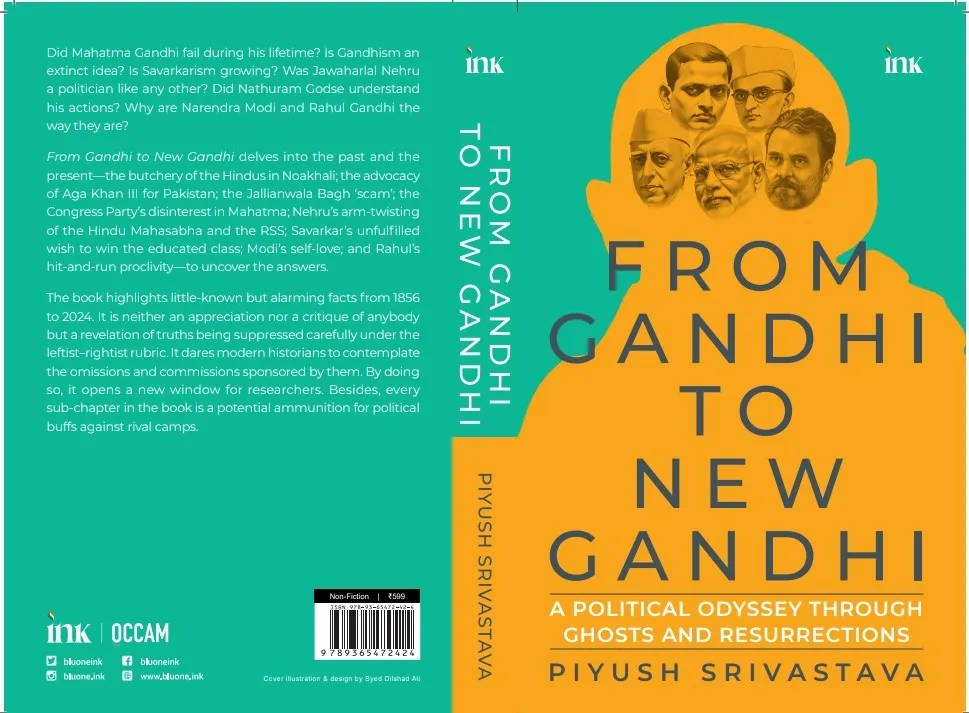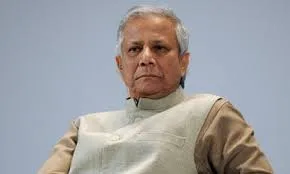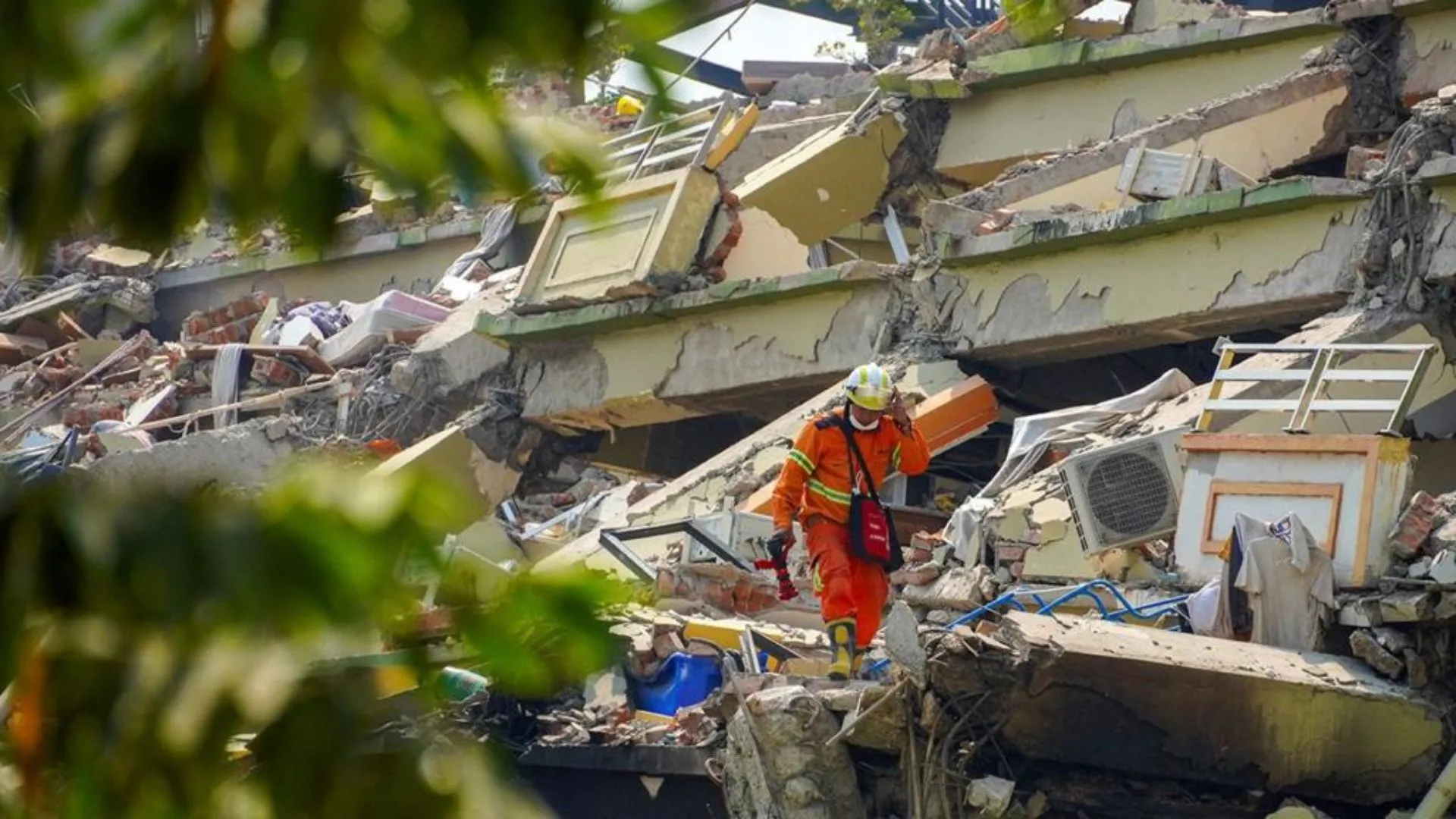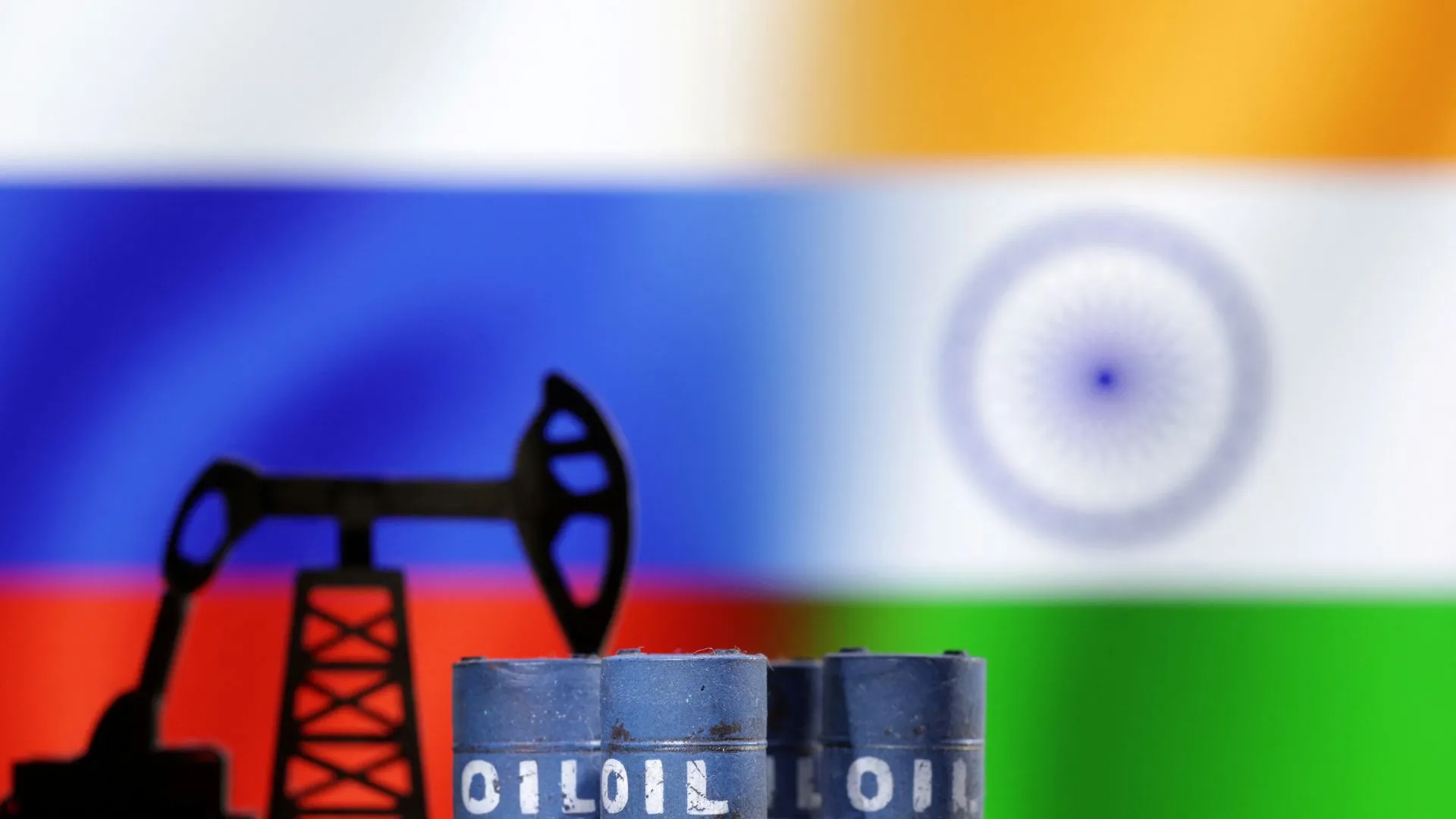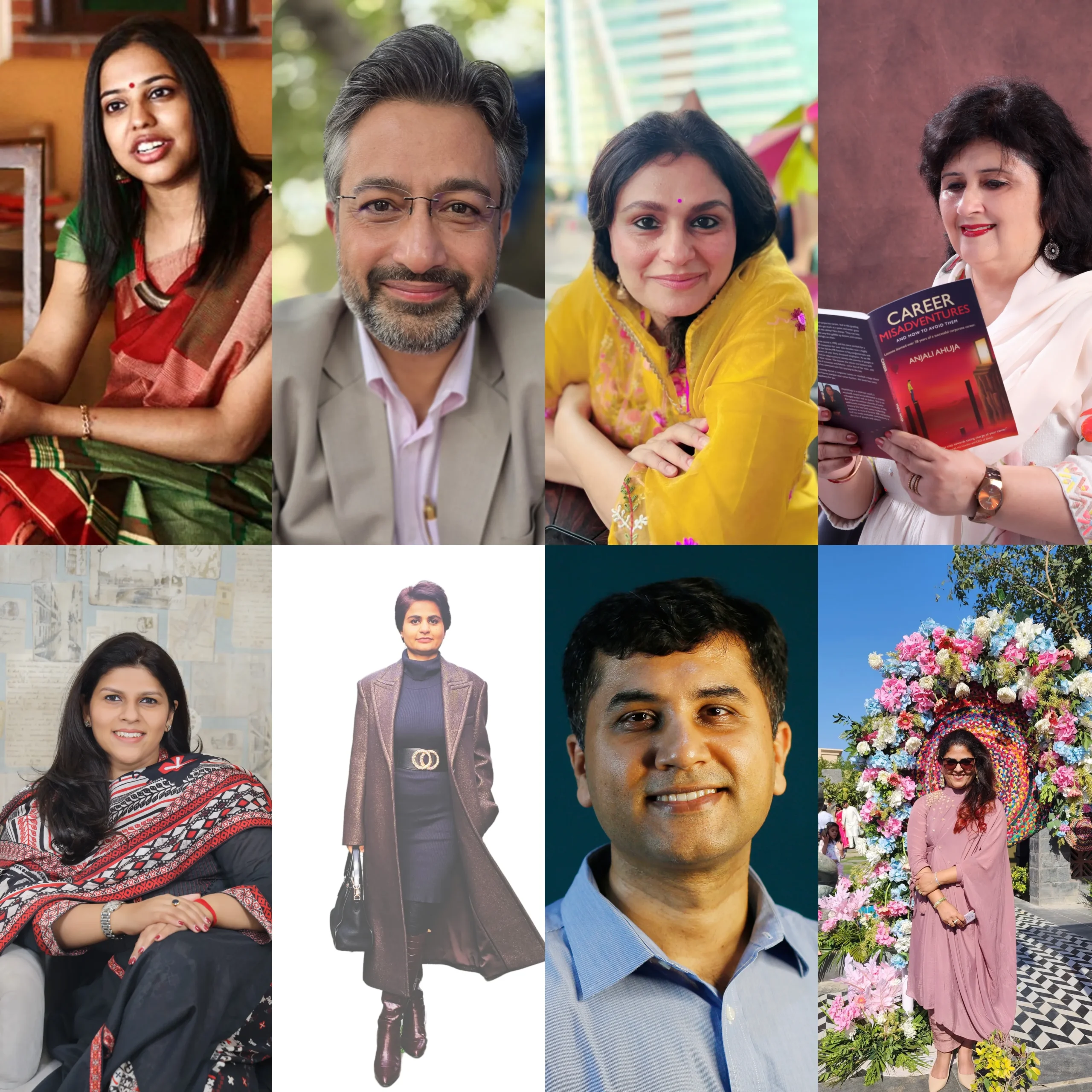This year’s World Happiness Report prepared by the United Nations Sustainable Solutions Network was released a few weeks ago. Predictably enough, it listed Finland, Denmark and Sweden as being among the happiest countries on the planet. Finland was ranked as the happiest nation for the eighth year running, while Sweden and Denmark continued to be ranked in the top five happiest nations. India was ranked as one of the unhappiest countries on the planet with a global ranking of 118, a few notches about its ranking the previous year which was at number 126.
Many Indians were displeased. Displeasure turned into scepticism, if not downright distrust when they discovered that war-torn Ukraine and Palestine were ranked higher. What added insult to injury was the report’s estimation that bankrupt and conflict-riven Pakistan was ranked higher than India.
Prima facie, the report is flawed when it ranks Ukraine and Palestine higher in terms of happiness as compared with India. In a way you could say it indirectly diminishes the suffering of the Palestinians and the Ukrainians. In excess of a million people have died ever since the conflict in Ukraine began, including women and children. Millions of civilians have lost one or more member of their family. Still the report would have us, and the rest of the world, believe that Ukrainians are happier than Indians.
There are other dubious aspects of the report. The sufferings of the Ukrainian people have been terrible, but a neutral observer would estimate the suffering of the Palestinian people to be yet greater. At least Ukraine is a nation; the Palestinians do not even have their own state. The bombardment in the Gaza strip has been horrific. The World Happiness Report however ranks Ukraine at no 111 and Palestine at no 108. In other words, the Palestinians are happier than the Ukrainians or to put it more accurately perhaps, less unhappy.
It is true that Ukraine and Palestine both have a much higher per capita GDP as compared to India, but what does income matter if your life and that your loved ones is not secure? What the framers of the Happiness Report failed to realise is that the GDP of a nation matters only if ordinary people are not dying left, right and centre.
If security of life and limb is important for a nation and its people its also important to have financial security. It is well-known that for a while now Venezuela has been grappling with runaway inflation. If you don’t know how much your salary will be worth in a month’s time, it severely impacts upon the sense of wellbeing and happiness of a people. Yet Venezuela ranks at number 82 in the Happiness Index, far above India.
Critics of the report have argued that it suffers from a Western bias. The framers of this report can easily controvert this assertion by pointing out that Costa Rica and Mexico who are non-Western nations are ranked in the top ten. Costa Rica is ranked at no 6 and Mexico at no 10, far higher than both the United Kingdom and the US which are both ranked at number 23 and 24. Yet if this is the case, why is that that so many people from Costa Rica and Mexico would be happy to immigrate to the US and even the UK? It is true of course that it is possible that the residents of a happy nation may wish to migrate to a less happy nation, but a narrative explaining this paradox would have lent the report greater credibility.
Are the world’s so-called happiest nations really that happy? A news report published just a few months ago, in The Guardian a respected British newspaper, reported on how Swedish police are going to be based in Denmark in an effort to prevent children and young people from undertaking travel from cities in Sweden to Copenhagen in order to commit violent crime on behalf of Danish gangs.
What kind of crime are we talking about here? According to the news report such incidents include ‘deadly shootings and possession of weapons such as hand grenades.’ What makes the situation more disturbing is the involvement of young persons in the perpetration of such crime. We have all heard of the child soldiers of Liberia and Sierra Leone. Surely, here in the happiest nations of the world, we are speaking of juveniles who are close to adulthood and not children? Unfortunately, this is not the case. According to the Swedish police ‘children as young as 12 were being recruited by Danish gangs on social media to cross the border by car or public transport in order to commit crimes.’ It is not a question of Denmark and Sweden alone. The police are also working closely with Finland, the happiest nation on the planet.
Coming now to Pakistan, our neighbour, it is currently undergoing a severe economic crisis and is additionally riven by internal conflict. There is justified speculation that given the spate of recent attacks, it could even break apart. It is also, for all practical purposes, a military dictatorship. Given this situation, government propagandists apart, it would be laughable idea, even to ordinary Pakistanis that people there are happier than those in India.
The drafters of the World Happiness Report may wish to reformulate their happiness judging criteria if they wish for their reports to continue to command global respect. Perhaps it is now time for a new annual report to be created by some reputable organisation that ranks the several different reports that are issued each year in terms of their credibility. There is no question that the World Happiness Report would, deservedly perhaps, have a very low ranking in the case of such a hypothetical eventuality
Rajesh Talwar is the prolific author of forty-two books across multiple genres and has worked for the United Nations in conflict zones for more than two decades across three continents. His most recent book published by Om Books International is titled ‘The Mahatma’s Manifesto: A Critique of Hind Swaraj’


